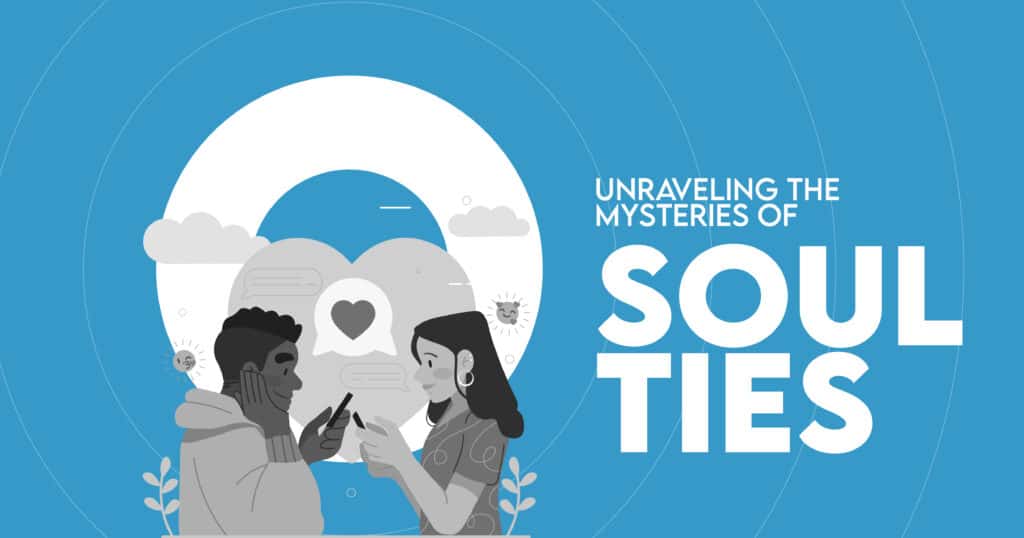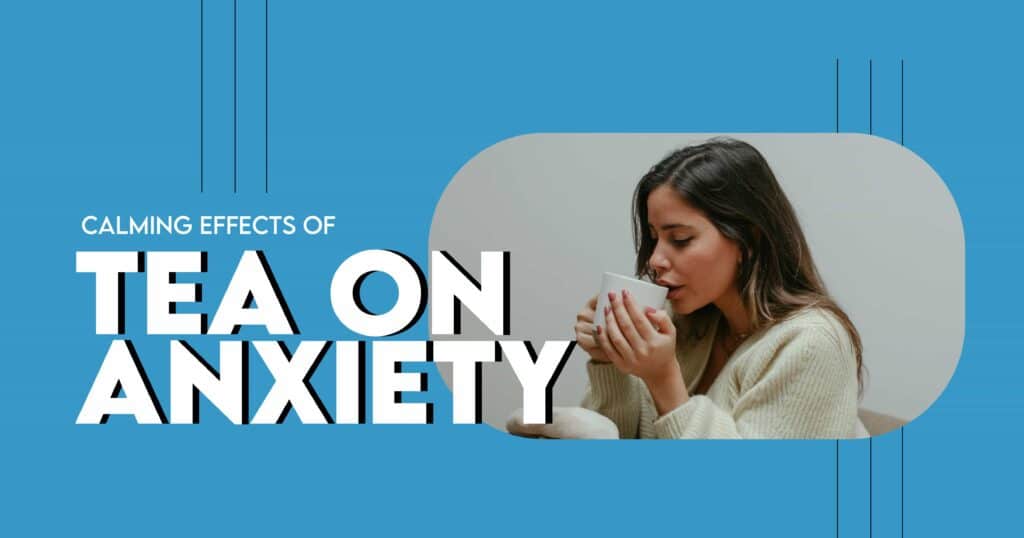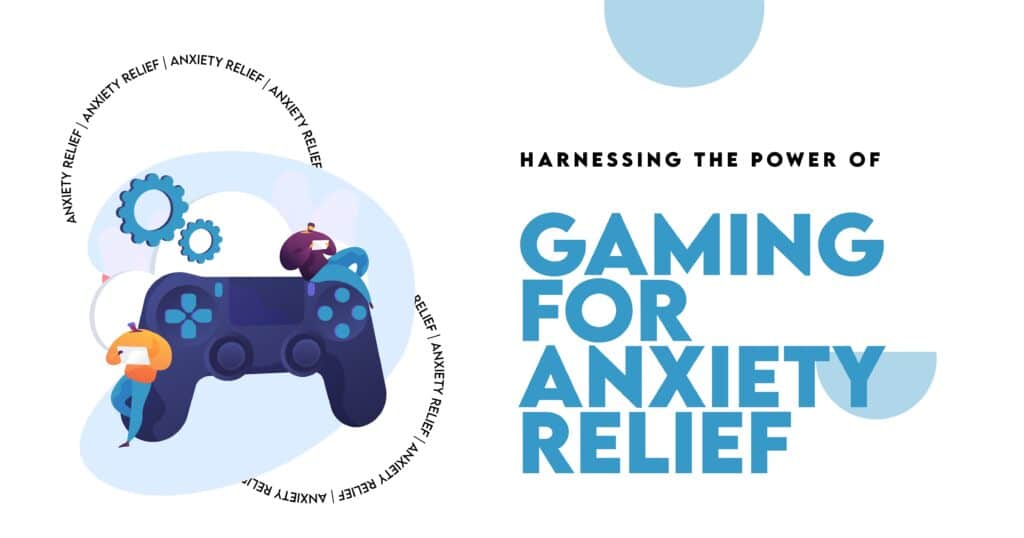Some relationships leave a lasting imprint on our minds and deep within our emotional and spiritual landscape. These connections can feel magnetic, intense, and challenging to break, even long after the relationship has ended. This is where the concept of soul ties begins to take shape.
But what are soul ties? Often described as deep emotional or spiritual bonds formed through close or intimate relationships, soul ties are believed to tether us to another person in powerful and sometimes invisible ways. Whether born from love, trauma, or shared experience, these ties can profoundly influence our emotional connection, relationship dynamics, and overall mental health.
In this article, we’ll explore the meaning of soul ties, how they’re formed, their psychological and emotional impact, and how healing may be possible when those ties begin to weigh us down more than lift us up.
What Are Soul Ties? Defining Their Origins and Meaning
Soul ties are often described as powerful emotional or spiritual bonds formed between two individuals, usually through deep connection or intimate relationships. Though not a clinical term, soul ties are commonly explored in psychological and spiritual contexts to explain why certain relationships linger in the mind and heart, sometimes in healing ways, other times in emotionally draining ones. According to Verywell Mind, strong emotional bonds can leave lasting imprints that affect emotional well-being and relationship patterns.
Here are a few ways to define and understand what soul ties are:
- Deep emotional attachments formed through intimacy, vulnerability, or shared experiences
- Invisible bonds that influence thoughts, emotions, and behavior — even after separation
- Spiritual connections that feel enduring or “meant to be,” often shaped by faith or belief systems
- Psychological links that can be rooted in past trauma, unresolved emotional needs, or longing
How Emotional Connections Form Soul Ties
Strong emotional experiences play a major role in the formation of soul ties. When people open up emotionally, the brain and body respond with trust, vulnerability, and attachment — sometimes locking in that connection long after the relationship ends. The table below illustrates how specific emotional experiences and patterns contribute to the formation of soul ties:
| Emotional Factor | How It Contributes to a Soul Tie |
| Vulnerability | Sharing fears, secrets, or deep truths creates lasting emotional imprint |
| Intimacy and closeness | Physical and emotional intimacy often trigger long-term emotional bonding |
| Trauma bonding | Shared emotional wounds or toxic patterns can intensify attachment |
| Unresolved emotions | Lingering guilt, love, or loss can maintain the bond psychologically |
| Codependency or enmeshment | Blurred emotional boundaries sustain the feeling of being “tied” |
The Spiritual Bond: Beyond the Physical Connection
For many, soul ties are more than emotional — they’re deeply spiritual. In spiritual traditions and belief systems, these bonds are seen as energetic links that tie two souls together through divine timing, karmic purpose, or spiritual lessons. According to PsychCentral, soul ties form when emotional and spiritual connections merge, creating a bond that often transcends physical interaction. The following table explores key spiritual elements that can deepen or initiate a soul tie:
| Spiritual Element | Role in Forming a Soul Tie |
| Shared spiritual experiences | Prayer, worship, or faith-based intimacy deepen soul-level bonding |
| Belief in destiny or fate | Perceiving the relationship as “meant to be” reinforces spiritual ties |
| Sexual union (spiritual lens) | Some faiths view physical intimacy as creating a lasting soul bond |
| Energetic exchange | Emotional and spiritual energy is transferred through connection or trauma |
| Karmic or past-life belief | The idea that souls are linked beyond this life, often to complete a lesson |
Understanding Relationship Dynamics Through Soul Ties
Soul ties can be both a mirror and a magnifier in our relationships, reflecting the emotional patterns we carry and intensifying the bonds we form. These invisible threads can shape how we connect, detach, and navigate closeness or conflict. Understanding relationship dynamics through the lens of soul ties offers insight into why certain connections feel magnetic, overwhelming, or even inescapable.
Whether rooted in emotional connection, spiritual alignment, or unresolved attachment, soul ties can influence how we give and receive love, establish boundaries, and heal or stay stuck. Recognizing their presence may be the first step toward creating more intentional, emotionally balanced relationships.

How Soul Ties Influence Intimate Relationships
In romantic or deeply personal relationships, soul ties can heighten emotional intensity, for better or worse. They may bring depth, passion, and a strong sense of unity when mutual. But when one-sided or unhealthy, they can lead to dependency, blurred boundaries, or difficulty letting go, even after a relationship ends.
| Soul Tie Influence | Impact on Intimate Relationships |
| Intense emotional bonding | Deepens closeness but may blur personal boundaries |
| Difficulty detaching post-breakup | Emotional residue lingers, making healing or moving on harder |
| Idealization of the other person | Distorts reality, making red flags easier to overlook |
| Spiritual or emotional dependency | Creates an imbalance, especially when one person dominates emotionally |
| Heightened vulnerability | Promotes openness but may increase emotional volatility or pain |
Recognizing and Breaking Unhealthy Soul Ties
Not all soul ties are supportive or life-affirming. Some create emotional entanglement, confusion, or ongoing pain long after the relationship ends. These unhealthy soul ties can act like emotional anchors, holding you back from healing, draining your energy, and distorting your sense of self.
Recognizing when a soul tie has become toxic is the first step toward reclaiming your peace. Once acknowledged, it becomes possible to gently untangle the bond, address the unresolved emotions beneath it, and move forward with greater clarity and emotional freedom.
Signs You May Be Experiencing a Toxic Soul Tie
While each situation is unique, there are common emotional and behavioral signs that may suggest an unhealthy soul tie still binds you:
- You feel emotionally “stuck” and unable to move on, even if the relationship ended long ago
- The person continues to occupy your thoughts constantly, regardless of your efforts to detach
- You feel emotionally drained or anxious after interactions, yet still crave connection with them
- You make decisions based on how they might react, even when they’re no longer present in your life
- You feel a deep emotional pull toward someone who has caused harm, betrayal, or emotional instability
Steps to Heal and Restore Balance in Your Relationships
Healing from an unhealthy soul tie takes time, intention, and sometimes professional support. It’s not about forgetting or erasing the past, but about creating space for emotional balance and renewed self-worth.
Here are steps that can support the healing process:
- Acknowledge the tie
- Establish distance
- Process emotions
- Reclaim your energy
- Set boundaries
- Practice forgiveness
Soul Ties – Insights From La Jolla Mental Health
Soul ties can leave a powerful emotional and spiritual imprint — one that may influence your relationships, self-worth, and path toward healing. Whether you’re seeking clarity about a lingering emotional connection or struggling with the psychological effects of a toxic bond, support is available.
At La Jolla Mental Health, our licensed professionals offer compassionate, evidence-based care to help you explore, process, and heal from complex relational experiences. We help individuals better understand their emotional patterns, navigate spiritual connections, and rebuild inner balance after difficult relationships.
If you’re feeling overwhelmed by the weight of a soul tie, know that you’re not alone. Reach out to La Jolla Mental Health today to begin the journey toward clarity and emotional restoration.

FAQs
What is the significance of emotional connections in forming soul ties?
Emotional connections are often the foundation of soul ties. When two people share vulnerability, trust, or intense feelings, those moments can leave a lasting emotional imprint that keeps the bond alive — even after physical separation.
How do spiritual bonds influence relationship dynamics in intimate relationships?
Spiritual bonds can intensify feelings of purpose or destiny within a relationship, deepening the emotional stakes. This often leads to stronger attachment, but it can also make it harder to let go when the relationship becomes unhealthy.
What is the psychological impact of soul ties on emotional healing and well-being?
Soul ties can support healing when mutual and healthy, but toxic or unresolved ties may interfere with emotional recovery. They can lead to guilt, confusion, or cycles of emotional dependence that delay personal growth and self-discovery.
How can emotional attachment through soul ties affect one’s spiritual connection with others?
Emotional attachment can amplify spiritual feelings of connection, sometimes creating the belief that a bond is “meant to be” — even if it’s unbalanced. This can either strengthen an authentic spiritual connection or distort emotional boundaries.
What steps can be taken to address and break unhealthy soul ties to restore balance in relationships?
Begin by acknowledging the tie and creating healthy distance, both emotionally and physically. Therapy, journaling, boundary-setting, and intentional self-care can help release the bond and restore inner balance over time.








